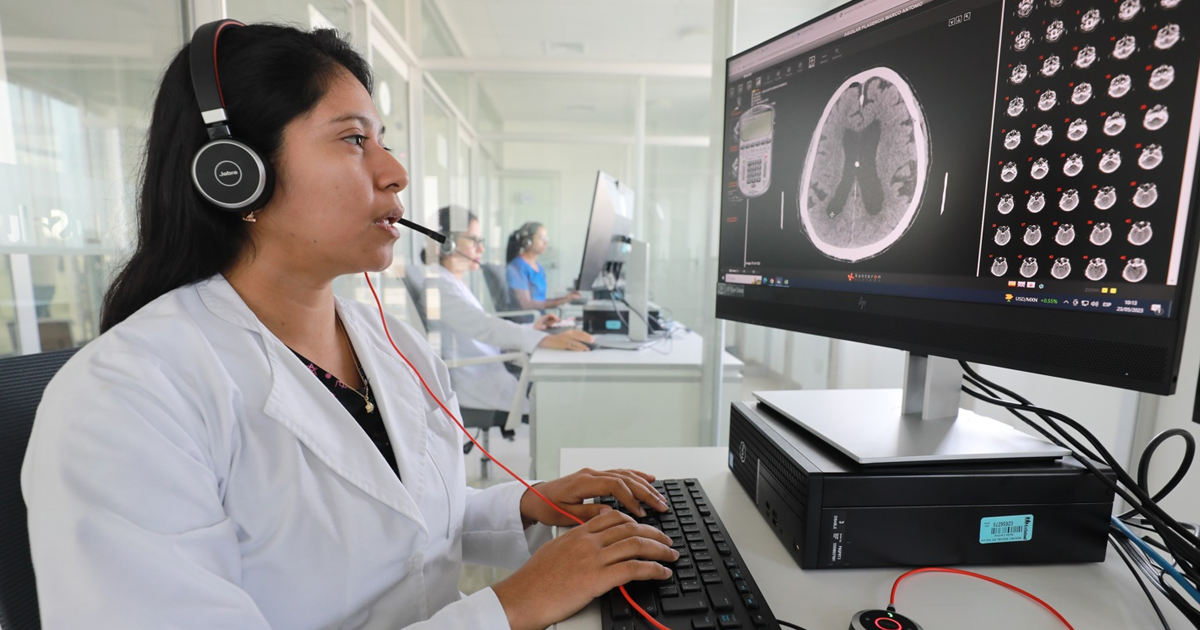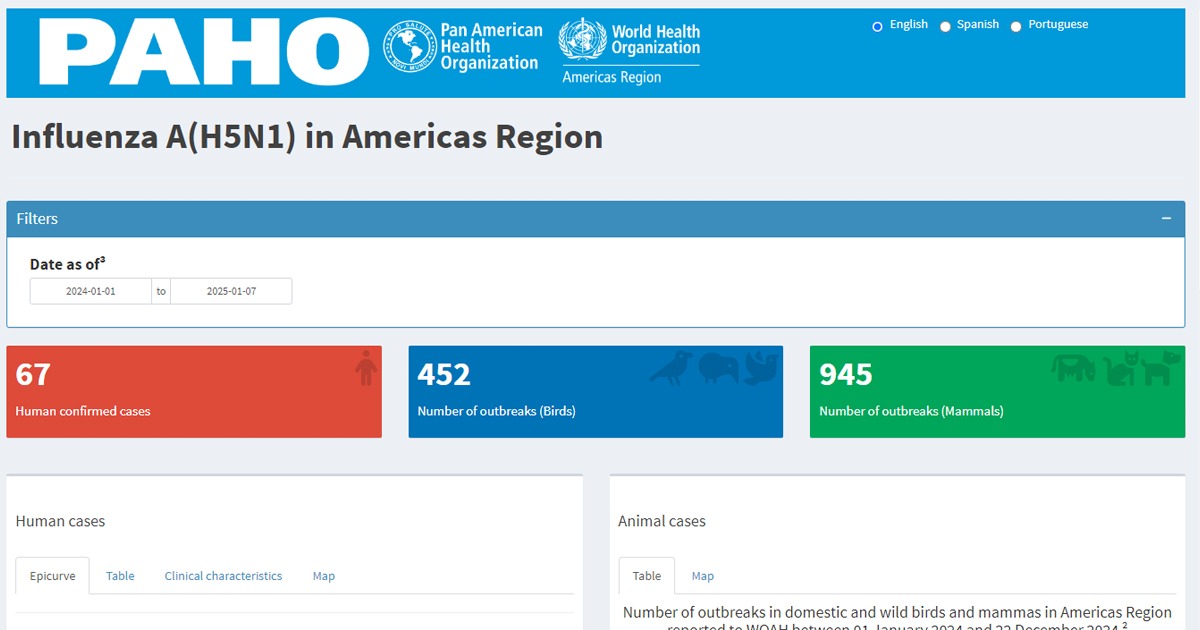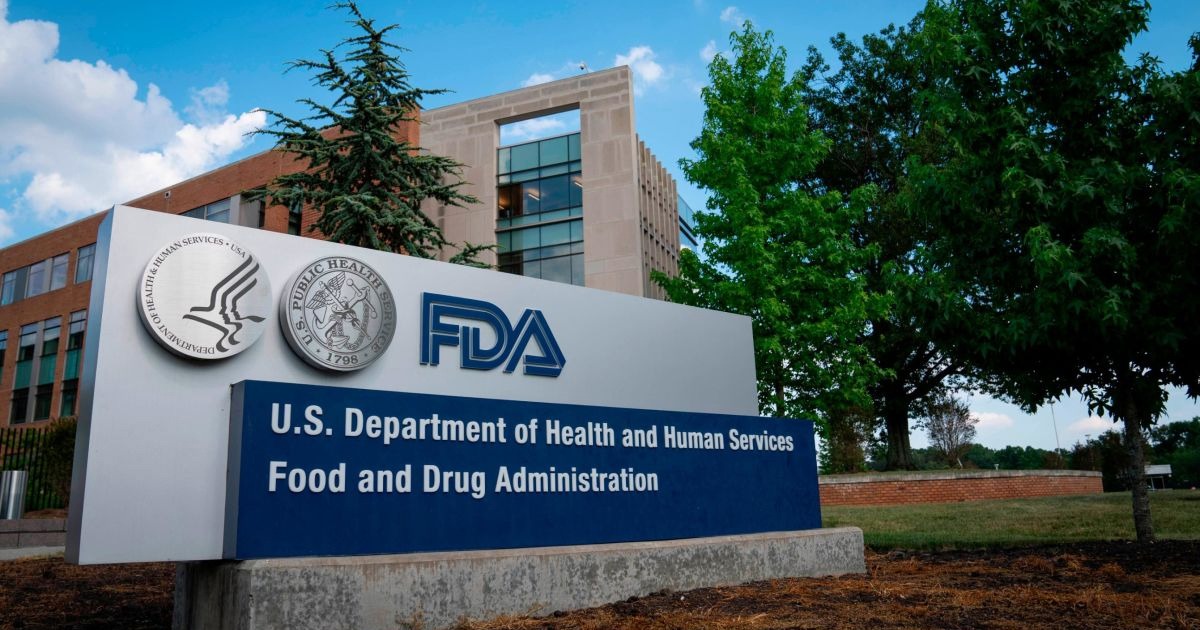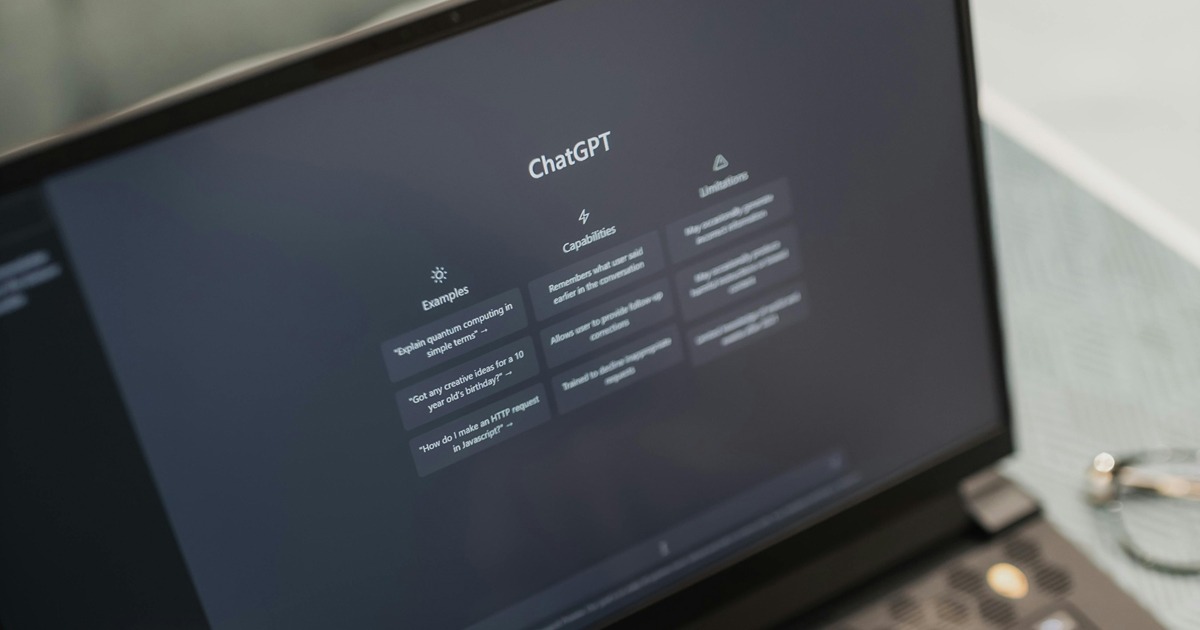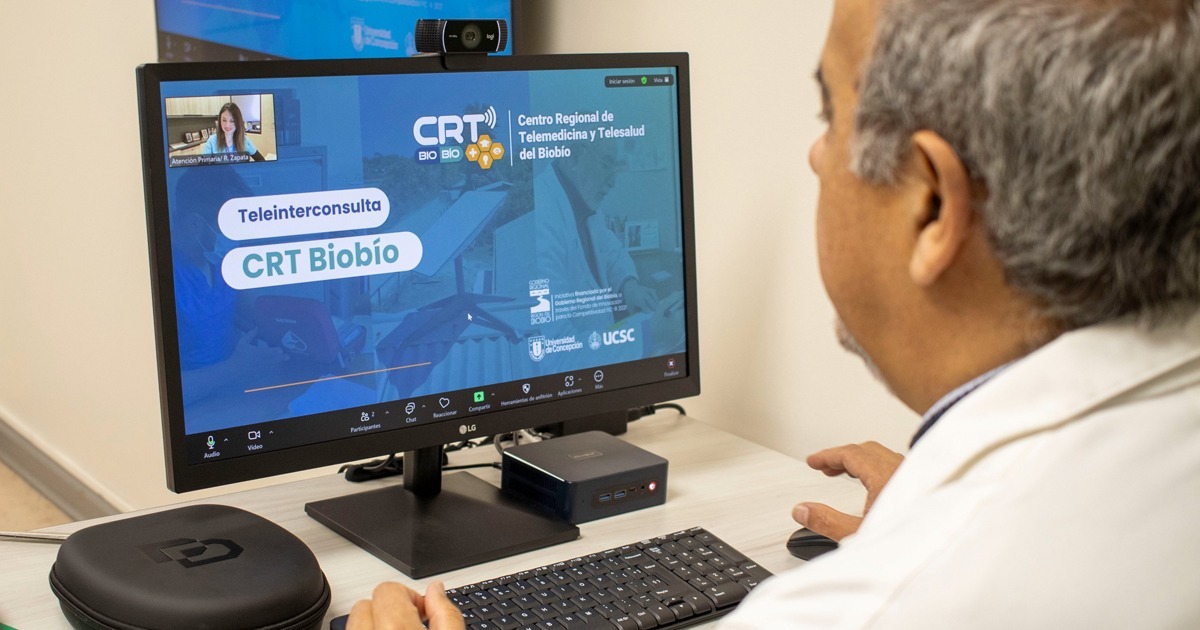Through a mobile kit, patients can be remotely monitored and assessed by machine learning to track their progress.
A pilot program developed at the University of Illinois and a startup funded by the National Institutes of Health (NIH) will allow COVID-19 patients to continue their recovery outside the hospital facilities.
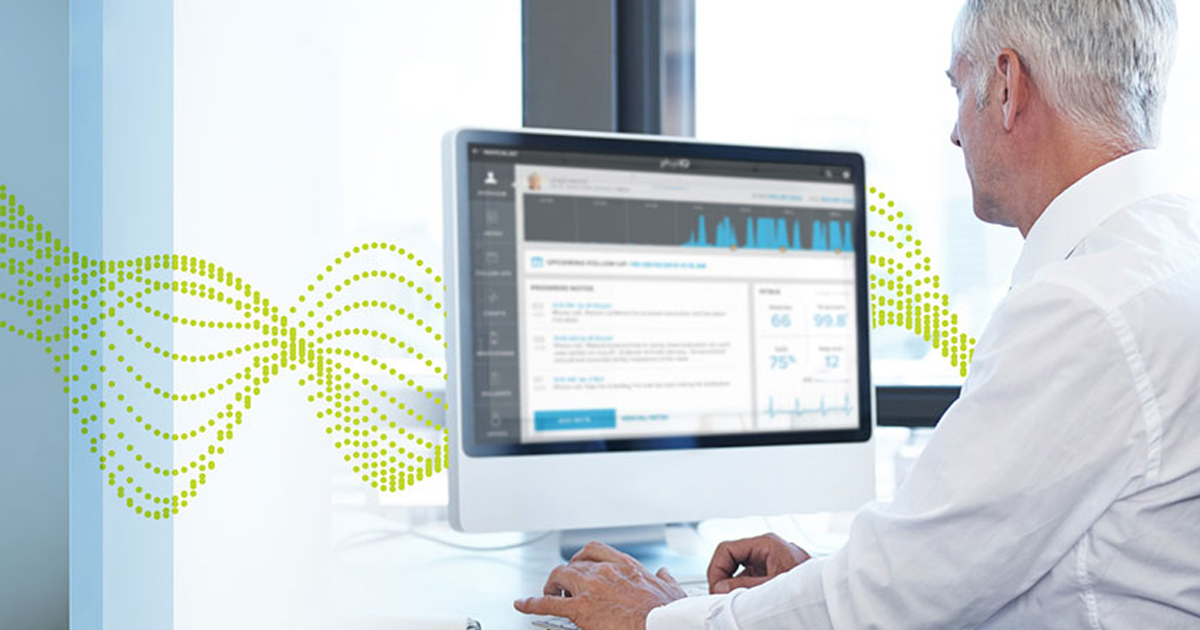
It is a remote monitoring system, which through a kit that includes a pulse oximeter, a Bluetooth-enabled disposable sensor patch and a paired smartphone, uses machine learning to assess each patient's vital signs.
This system keeps clinicians on alert, in case of any variation in usual heart rate levels, for example. “When you work in the emergency department it’s sad to see patients who waited too long to come in for help. They would require intensive care on a ventilator. You couldn’t help but ask, ‘If we could have warned them four days before, could we have prevented all this?” explained Terry Vanden Hoek, medical director and director of emergency medicine at the University of Illinois.
Participants in the study, which evaluated its effectiveness, were mostly of African-American or Latin origin and most live with comorbidities, such as diabetes, obesity, hypertension, or have pulmonary conditions.
“Our technology is very good at detecting subtle changes that are the earliest predictors of a problem,” explained Gary Conkright, founder of PhysIQ, the startup responsible for the system.
The algorithm developed needs only 36 hours to create each patient's profile, allowing immediate reaction to any possible relapse due to COVID-19.
